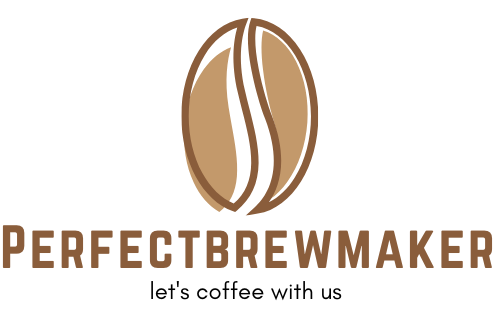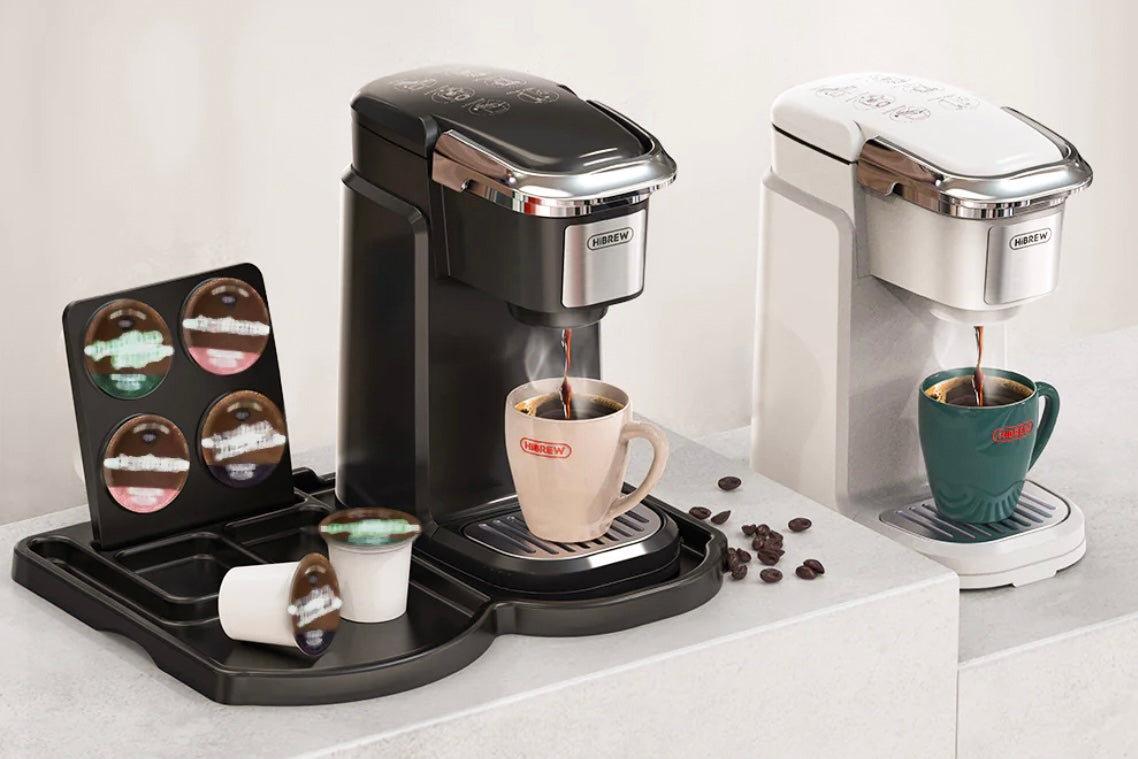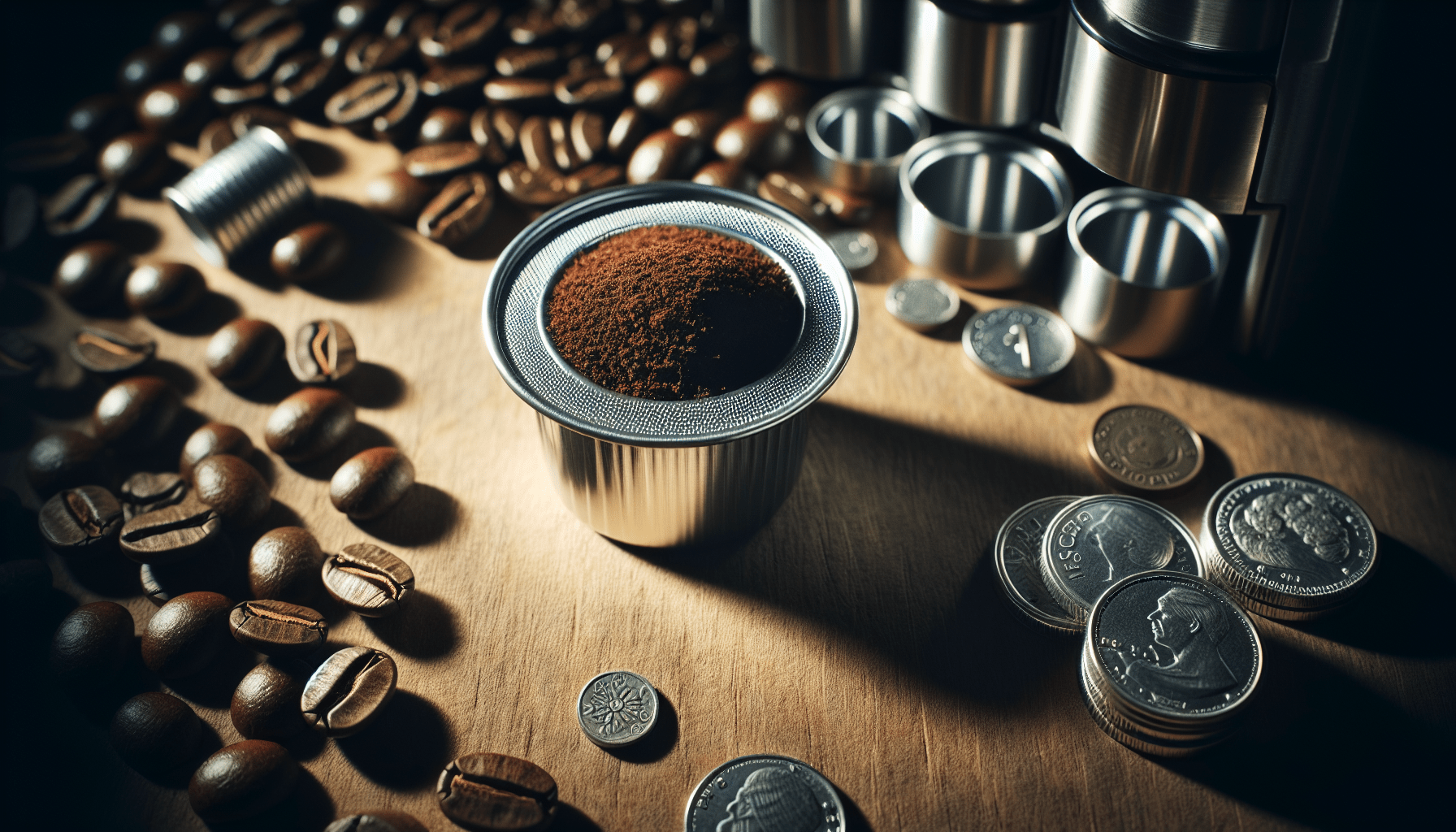Do you ever wonder if pod coffee makers are worth the investment? With the wide variety of coffee brewing methods available, it can be challenging to determine which one is the most cost-effective option. In this article, we will explore the pros and cons of pod coffee makers and compare them to other brewing methods, helping you make an informed decision on whether they are the right choice for you. So, if you’re curious about the cost-effectiveness of pod coffee makers, keep reading to find out more!
Cost Comparison
When it comes to choosing a coffee brewing method, one important factor to consider is the cost. Coffee lovers often wonder if pod coffee makers are truly cost-effective compared to other brewing methods. In this article, we will explore the cost comparison between pod coffee makers and other options, taking into account the initial investment, cost per cup, long-term expenses, convenience, quality and taste, environmental impact, health considerations, personal preferences, and overall cost-effectiveness.
Initial Investment
Price of Pod Coffee Makers
Pod coffee makers come in a wide range of prices, depending on the brand and features offered. Entry-level models can be as affordable as $50, while high-end and more advanced machines can cost upwards of $500. The price variations largely depend on factors such as build quality, design, brewing capacity, programmable features, and additional functionalities.
Price of Other Coffee Brewing Equipment
On the other hand, traditional coffee brewing methods require different types of equipment, each with its own cost implications. For example, a manual pour-over setup may only require a coffee dripper, paper filters, and a gooseneck kettle, which can add up to around $50. French presses and espresso machines offer more options for customization but also come at higher price points, ranging from $30 to over $1000.
Cost per Cup
Cost of Pods
One of the main cost considerations is the price of the coffee pods used in pod coffee makers. These single-serve capsules contain pre-measured quantities of coffee and are generally sold in packs. The cost per pod can vary depending on the brand, type of coffee, and any additional flavors or specialty blends. On average, pods can range from $0.50 to $1.00 per cup.
Cost of Coffee Grounds
In comparison, traditional coffee brewing methods typically involve using coffee grounds. The price of coffee grounds varies greatly depending on the brand, quality, and quantity purchased. Generally, purchasing whole beans and grinding them at home can save money in the long run, with the cost per cup ranging from $0.15 to $0.40.
Cost of Filters
For some brewing methods, such as pour-over or drip coffee makers, using paper filters is necessary. The cost of paper filters is relatively low, averaging around $0.02 per filter. However, reusable metal filters can be an alternative that eliminates ongoing filter expenses.
Cost of Electricity
Another factor to consider when looking at the cost per cup is the consumption of electricity. Pod coffee makers usually have built-in heating elements and electronics, which can contribute to the overall electricity usage. While the exact cost will vary depending on the model and usage frequency, it is generally a small fraction of the overall expenses.
Long-term Expenses
Maintenance and Repair Costs
Over time, coffee brewing equipment may require maintenance or repairs. Pod coffee makers, like any other electrical appliance, may encounter issues that require professional assistance or replacement parts. The costs associated with maintenance and repair can vary greatly, and it is recommended to research the warranty coverage and potential repair costs before making a purchase.
Replacement Costs
In terms of longevity, both pod coffee makers and traditional brewing equipment can have varying lifespans. Some pod coffee makers may require frequent replacement, especially if they are low-quality or heavily used. On the other hand, well-maintained traditional brewing equipment, such as French presses or espresso machines, can last for many years without needing replacement. It is essential to consider the durability and reputation of the chosen coffee brewing method in relation to replacement costs.
Convenience
Ease of Use
Pod coffee makers are known for their convenience when it comes to preparation. With just a press of a button, you can have a cup of coffee ready in a matter of minutes. The simplicity of the pod system eliminates the need for measuring coffee grounds and water, making it an accessible choice for those seeking a hassle-free brewing experience.
Time-saving Benefits
For busy individuals, the time-saving aspect of pod coffee makers is a significant advantage. The ability to quickly brew a single cup of coffee without the need to grind beans or clean up coffee grounds can save valuable time during a rushed morning routine or in an office environment where efficiency is paramount.
Variety of Coffee Options
Pod coffee makers often come with a wide selection of coffee pod flavors and brands to choose from. Whether you prefer bold and strong espresso or a mild and smooth cup of coffee, the range of options available ensures that you can find a pod to suit your taste preferences. This variety makes pod coffee makers an attractive option for those who enjoy trying different flavors without committing to a whole bag of coffee beans.
Quality and Taste
Consistency of Flavor
One aspect that can greatly impact the perceived value of a coffee brewing method is the consistency of flavor. Pod coffee makers, with their pre-measured coffee pods, have built-in consistency by ensuring that each cup is brewed with the same quantity of coffee. This consistency can be appealing to those who seek a predictable and dependable taste experience.
Control Over Brewing Variables
In contrast, traditional brewing methods offer more control over various variables, such as water temperature, brewing time, and coffee-to-water ratio. This control allows coffee enthusiasts to experiment and tailor their brewing process to achieve the desired taste profile. While it requires more expertise and involvement, the ability to control these variables can result in a more personalized and potentially superior tasting cup of coffee.
Environmental Impact
Waste Generation
One key consideration when it comes to cost-effectiveness is the environmental impact of the chosen coffee brewing method. Pod coffee makers have been criticized for their contribution to waste generation since most coffee pods are not biodegradable. This can lead to a significant accumulation of plastic or aluminum waste unless proper recycling options are available.
Recycling Options
In recent years, many coffee pod manufacturers have taken steps to address the environmental concerns surrounding coffee pod waste. Various initiatives and recycling programs have been implemented, providing consumers with options to responsibly dispose of used coffee pods. However, it is important to note that not all brands or regions have extensive recycling programs in place, which may impact the overall sustainability of pod coffee makers.
Sustainability Practices
On the other hand, traditional brewing methods have the potential to be more environmentally friendly. By using reusable metal filters or compostable paper filters, the waste generated can be significantly reduced. Additionally, purchasing coffee beans from sustainable and ethically sourced suppliers can support environmentally conscious practices and initiatives.
Health Considerations
Chemical Exposure Risk
Both pod coffee makers and traditional brewing methods present certain health considerations. With pod coffee makers, there is a concern about potential chemical exposure from the materials used in the production of the pods. Some coffee pods may contain plastic or aluminum, which can leach into the coffee during brewing. It is important to research and choose pod brands that prioritize using safe materials that do not pose a risk to health.
Nutritional Value
When it comes to the nutritional value of coffee, the brewing method itself has minimal impact. The nutritional content of coffee is primarily determined by the type of coffee beans used and any added ingredients such as milk or sugar. Whether brewed with a pod coffee maker or through traditional methods, the nutritional value remains the same.
Personal Preferences
Aesthetic Appeal
Personal preferences, including aesthetic appeal, can also influence the perceived cost-effectiveness of a coffee brewing method. Pod coffee makers often come in sleek designs and modern finishes, making them visually appealing for those who value aesthetics in their kitchen or office space. Alternatively, traditional brewing equipment such as French presses or espresso machines can have their own unique charm, appealing to individuals with a preference for a more classic or artisanal vibe.
Customization Options
Customization options are another aspect that individuals may consider when choosing a coffee brewing method. Pod coffee makers tend to offer limited flexibility in terms of customization, as the coffee pod itself determines the flavor and strength of the brew. Traditional brewing methods, on the other hand, allow for more experimentation and customization by adjusting factors such as grind size, water temperature, and brewing time. This can be particularly appealing to coffee enthusiasts who enjoy the art of crafting the perfect cup of coffee.
Overall Cost-effectiveness
Factors to Consider
When determining the overall cost-effectiveness of a coffee brewing method, it is essential to consider a combination of factors discussed in this article. While the initial investment and cost per cup are important, other considerations such as long-term expenses, convenience, quality and taste, environmental impact, health considerations, and personal preferences play a role in the perceived value of a particular brewing method.
Individual Circumstances
Ultimately, the cost-effectiveness of pod coffee makers compared to other brewing methods can vary depending on individual circumstances. Factors such as budget, time constraints, environmental concerns, and personal taste preferences will all influence the decision-making process. It is important to carefully evaluate these factors and make an informed choice that aligns with your unique needs and priorities.
In conclusion, when evaluating the cost-effectiveness of pod coffee makers compared to other coffee brewing methods, it is crucial to consider the various aspects discussed in this article. While pod coffee makers offer convenience and consistency, traditional brewing methods provide more control and potential for customization. Additionally, environmental impact, health considerations, and personal preferences should all be taken into account when making a decision. By carefully weighing these factors, you can choose the coffee brewing method that best suits your needs, budget, and overall satisfaction.




